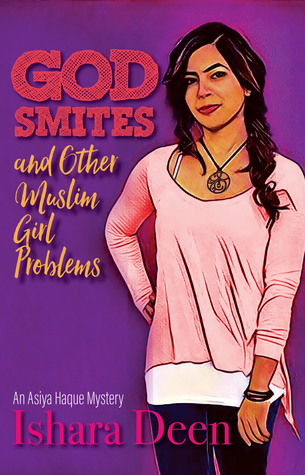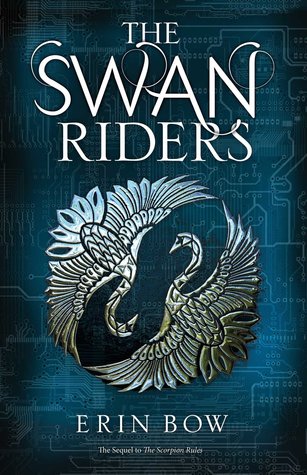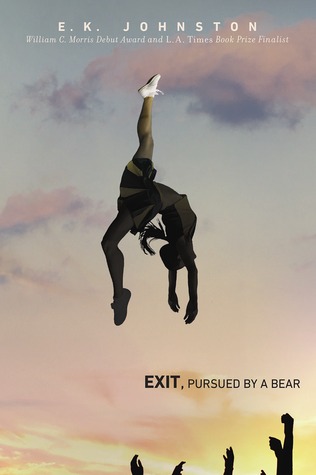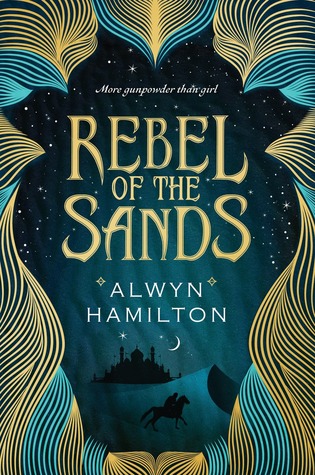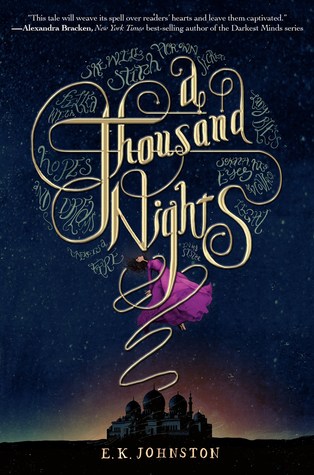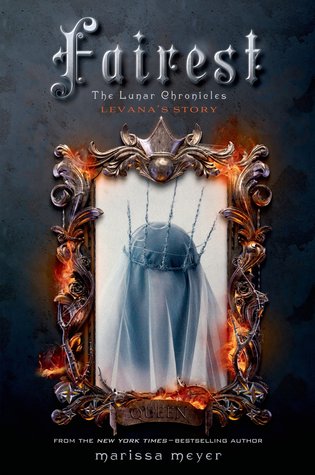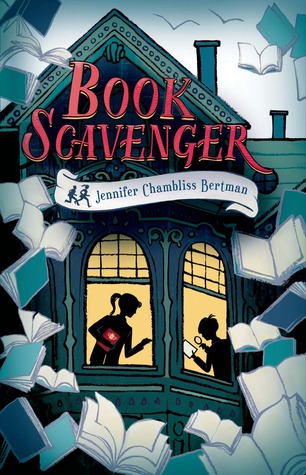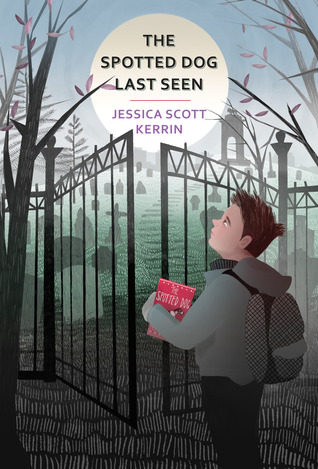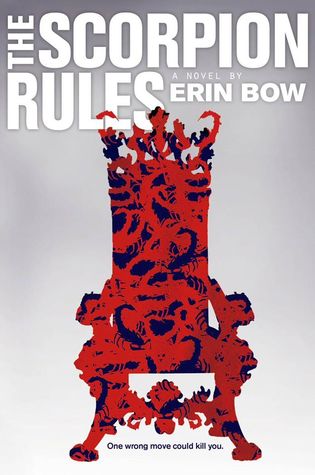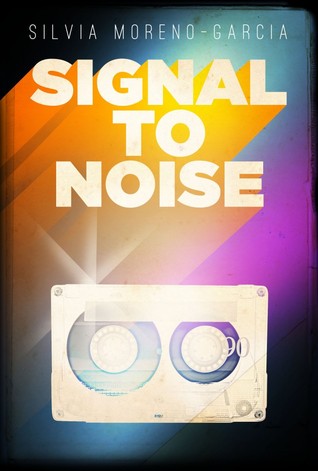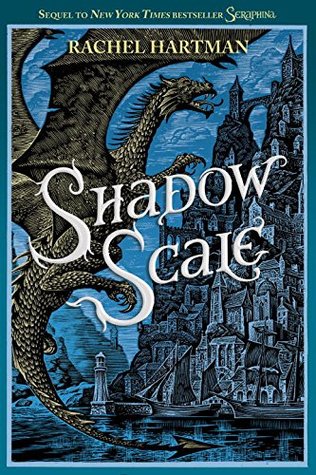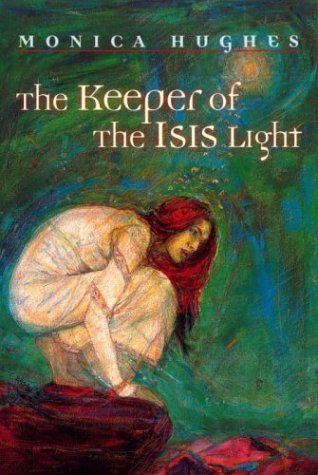I don't blog much in the summer anyway, but this year I've been in quite the reading funk and haven't had anything to say about books for a while. It happens, I guess. Sometimes life gets in the way of reading.
But when my friend's book came out I had to read it, of course. And if you need a book to get you out of a slump, have I got a book for you!
 Gods of Jade and Shadow has to be the sweetest dark fantasy about homicidal death gods ever written! If Jazz Age meets Mayan death god sounds intriguing, I can promise you won't be disappointed: you get Mayan mythology and 1920's Mexico in equally vivid realism. The intersection of Xibalba, the Mayan underworld, with a Mexico on the verge of change is convincing, terrifying, and so much fun. Witches and demons lurk in strange mansions and the streets of Carnival; fancy new hotels can be portals to hell.
Gods of Jade and Shadow has to be the sweetest dark fantasy about homicidal death gods ever written! If Jazz Age meets Mayan death god sounds intriguing, I can promise you won't be disappointed: you get Mayan mythology and 1920's Mexico in equally vivid realism. The intersection of Xibalba, the Mayan underworld, with a Mexico on the verge of change is convincing, terrifying, and so much fun. Witches and demons lurk in strange mansions and the streets of Carnival; fancy new hotels can be portals to hell. The protagonist leading you through both worlds is a clear-headed, no-nonsense dreamer with a temper that gets her in trouble and a dry, self-depreciating wit that gets her through it. Casiopea is named after a Greek myth and knows her stories, and when she accidentally resurrects a death god she takes it all in stride—after all, he's going to get her out of her grandfather's house and the drab town that "scorch[es] out dreams." And maybe, if she survives the vengeful spirits and the Black Roads of Xibalba and her ever-awful cousin Martín, she might get a chance to realize one or two of her own carefully hoarded dreams.
Hun-Kamé, Lord of Shadows and rightful ruler of Xibalba, is an equally delightful travel companion. Arrogant and careless as any god when we first meet him, he becomes more and more human as he journeys with Casiopea (due to a particularly well-done mythical plot twist). Casiopea's relationship with Hun-Kamé is the fascinating, piquant heart of the story: she fears him, stands up to him anyway, serves him, refuses to put up with his crap, chooses to stick with him, and comes to have compassion for him. The impossible romance that blooms ever-so-tentatively between them is entirely believable and beautifully bittersweet.
The writing is lovely and often quite funny. Hun-Kamé is prone to grave utterances that the other characters refuse to take seriously.
"Death enters all dwellings."But then sometimes he ends up being quite profound.
"Death has no manners."
"Death speaks all languages."The plot has the pleasing inevitability of a folktale but the satisfaction of watching characters with agency change their world. "'Very well,'" says Casiopea at the beginning, "and with these two words she accepted her fate, horrid or wonderful as it might be." By the end of her Odyssey, she is defying gods and monsters (and the ever-awful Martín)(but even he gets some compassion, because Casiopea is just that awesome) and it turns out the fate of the world is in her hands. "'I wish you were a coward instead of a hero,'" says Hun-Kamé. But we've known from the start that Casiopea is no coward. Her triumph at the end is earned and fitting. I particularly enjoyed the form her happily-ever-after took!
"But I am not death."
"You wear me like a jewel upon your finger, Casiopea."
If you're bored with endlessly replicated fantasy settings, annoyed with heroines whose one characteristic is spunky or kick-ass, have had it up to here with insta-love and angst—this is the book to cleanse your palate and renew your faith in speculative fiction.
Home-made corn tortillas with carnitas, queso fresco and a really spicy pico de gallo. Also a salsa made from blackened habaneros that will scorch your tongue off.
And here's some of what I've been doing instead of reading this summer:
Cross-posted on Goodreads (without the hiking photos!).


